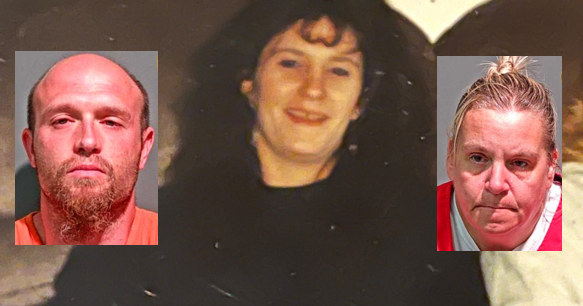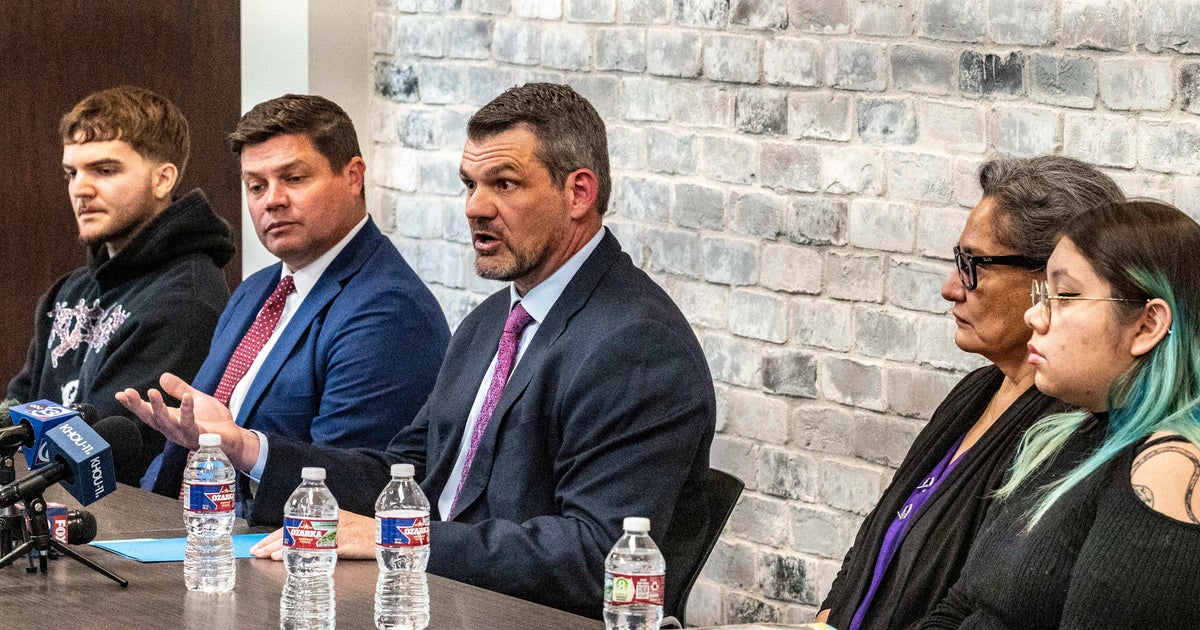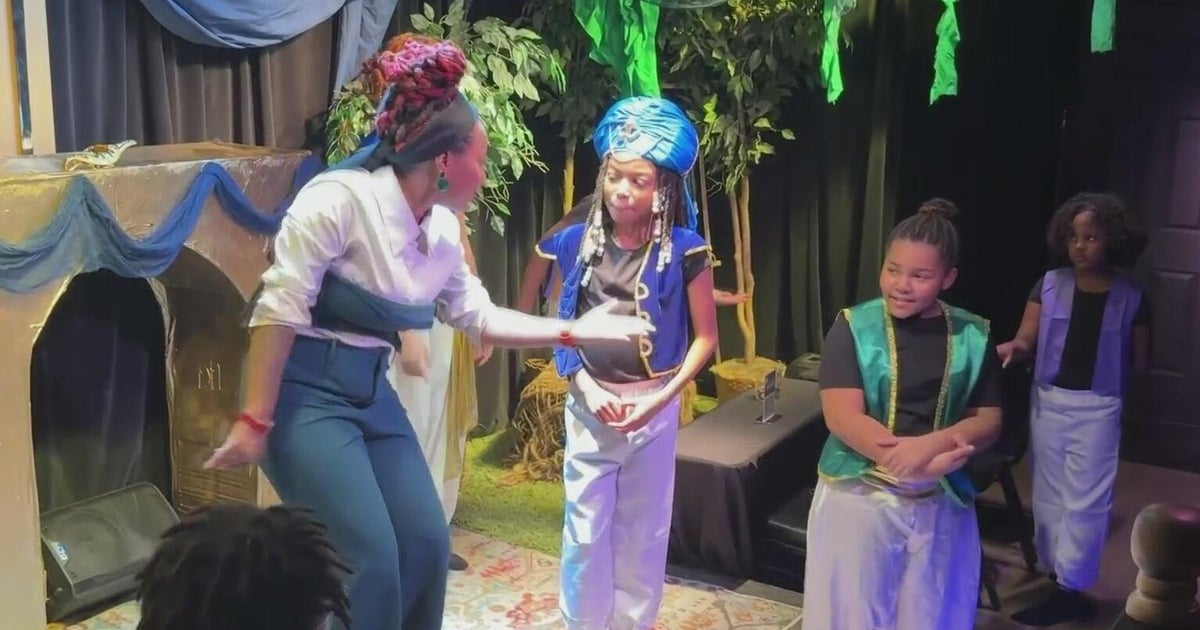Parkinson's Patients See Benefit From Movement, Dance Therapy
NEW YORK (CBSNewYork) -- When you think of Parkinson's disease, you think of tremors, shaking, and maybe even the inability to move – and you probably don't think of exercise and dancing.
But as CBS2's Dr. Max Gomez reported, getting Parkinson's patients moving to moving to music might be just what the doctor ordered.
Probably the most disabling part of Parkinson's is not the tremor. It is the inability to start moving – patients tend almost to freeze in place.
So how can they exercise or dance?
But that is exactly what is happening at a series of movement classes for Parkinson's patients at the JCC Manhattan. It seems that music may activate brain circuits that bypass those damaged by Parkinson's, and that is good for their physical health.
"Patients with Parkinson's who move in all sorts of ways will slow the progression of their disease," said Dr. Rebecca Gilbert of the Fresco Institute at NYU Langone Medical Center. "Now, they go to their physician, they're prescribed medications, but they're also prescribed exercise, because that is a huge component of controlling the disease."
But the benefits go far beyond the physical for the people taking the classes. It is about spirit and regaining the confidence that Parkinson's often takes away.
"It makes me think about my movements," said Parkinson's patient June Rose. "When I'm going to do something, I think, 'Yes, I did that in class.'"
"This has helped simply by making it possible for me to have that much more confidence than I had earlier," said Parkinson's patient Jim Iredell.
The classes incorporate a variety of other techniques to help Parkinson's parents with their various issues. There is movement, of course, as well as breathing, and especially balance – since falls are a big problem for the students.
Because the class participants are at many different stages of their disease, it is also important for JCC senior director Caroline Kohles to customize the movements in the class.
"And so some people will sit, some people will stand, some people will hold onto a chair, some people will move around – all at the same time," Kohles said. "It's kind of like life. You know, they're all mixed in together."
All the students are encouraged to push themselves at least a little bit to work to their full capacity, which will have the most benefit.







